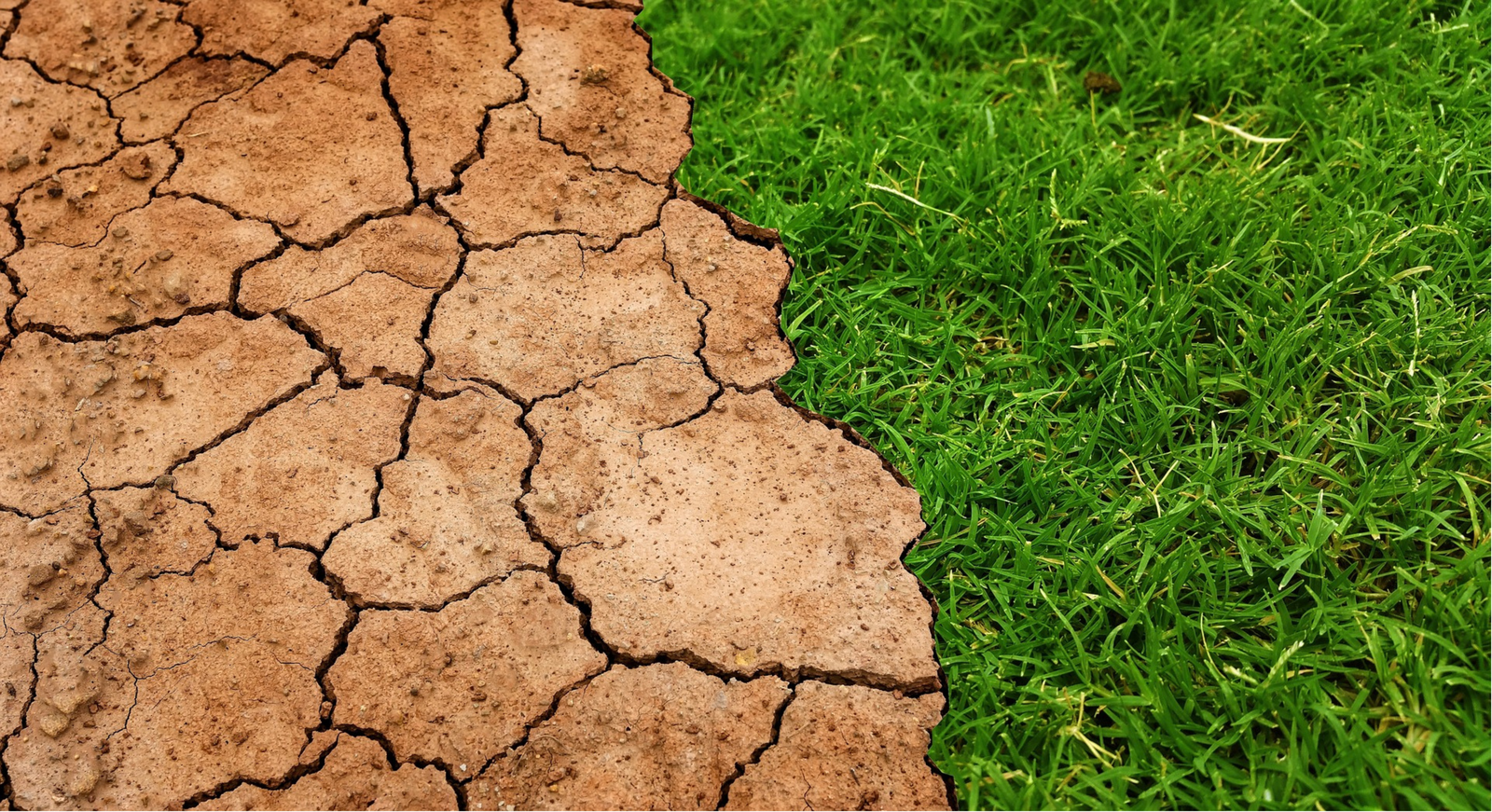Overview
Energy system models are key to analyzing pathways towards low-carbon economies and informing decision-makers on how to design suitable policy measures. However, current energy system models mainly focus on techno-economic performance and operational greenhouse gas (GHG) emissions, often overlooking potential environmental trade-offs and life-cycle impacts. Here, we show how such energy system models can be linked with life cycle assessment (LCA) to capture a comprehensive set of environmental burdens—such as material utilization, water consumption, and human toxicity—beyond the (operational) carbon footprint. The first part of this presentation focuses on the environmental and economic assessment of low-carbon fuels as well as decentralized energy systems, examining how the inclusion of LCA can lead to more sustainable energy systems. The second part examines the role of carbon dioxide removal technologies, such as direct air capture with CO 2 storage, in compensating for unavoidable emissions from low-carbon energy systems. Finally, this presentation provides recommendations on how to improve future assessments of (low-carbon) energy systems.

Bio
Dr. Tom Terlouw has been a scientist at the Paul Scherrer Institute (PSI) since July 2024. His research combines interdisciplinary research methods, such as geospatial analysis, techno-economic assessment, environmental life cycle assessment, and energy system optimization of low-carbon fuels, carbon dioxide removal technologies, and multi-energy systems. He holds an MSc in Energy Science from Utrecht University (cum laude, 2018), a PhD in mechanical engineering from ETH Zurich (2023), and received the prestigious ABB Research Prize (2024) for his scientific contributions. He also worked in industry (2019) at a software company (Energy21) to optimize data management systems.
